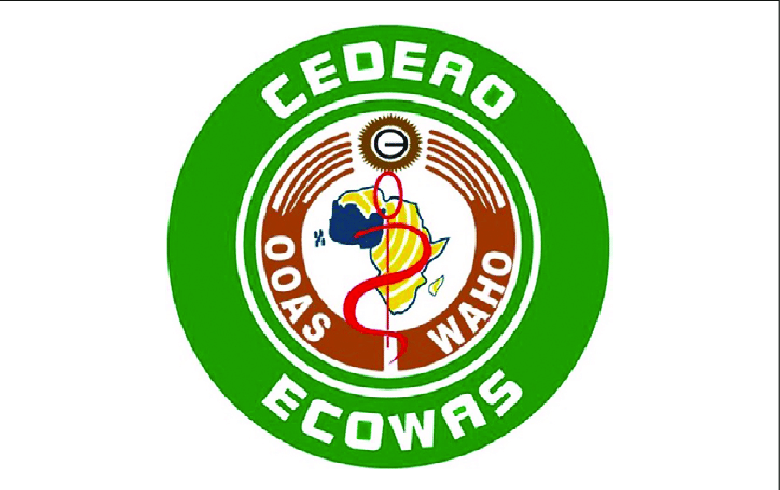By Iyemah David
The West Africa Health Organisation (WAHO) is strongly committed to the One-Health Approach to strengthen national and regional mechanisms for prevention, detection and response in the west Africa region.
The ‘One Health’ approach is an initiative of Economic Community of West Africa States (ECOWAS) that is funded by the World Health Organisation (WHO) as an integral approach to the control and prevention of diseases.
Dr Melchior Athanase, Director-General WAHO, made this known in Abidjan, Côte d’Ivoire, at the opening of a three-day regional technical workshop, to commemorate the 2022 World One Health Day, which is celebrated annually on November 3rd.
Athanase highlighted that the region has battled the menace of recurrent epidemics and other health emergencies for several years.
“We believe a harmonised and consensual governance manual, specifying the roles and responsibilities of all stakeholders in place of a regional multisectoral coordination mechanism, presents itself to us as an absolutely useful tool,” he said.
He also said that WAHO and the ECOWAS regional disease surveillance and control centre remain available to support Member States in the implementation of the one health approach for the well-being of all living beings in symbiosis in a shared environment within our communities.
Speaking on behalf of the German Federal Ministry for Economic Cooperation and Development (BMZ), Ms Stella Gaetani, BMZ representative to Cote D’Ivoire, said that BMZ is also committed to ensure that the “one health” approach is successfully implemented across the West African region.
Gaetani said the German Federal Ministry of Economic Cooperation and Development has been a reliable partner of the WAHO for many years, and the German Development Cooperation/GIZ has become a close partner for technical cooperation since 2016.
“Through its Regional Programme Support to Pandemic Prevention in the ECOWAS Region (RPPP), the German Development Cooperation works closely with WAHO to improve the regional surveillance, preparedness, and control architecture for infectious diseases.
“To this end, it is supporting WAHO in operationalizing the Regional Centre for Surveillance and Disease Control (RCSDC) which was opened in Abuja in 2018. Another important implementation partner is the Regional Animal Health Centre,” she said.
She further stated that the German Government and its European partners would remain strong allies in the endeavour.
To buttress the DG’s points, the Minister of Health of Côte d’Ivoire, Mr Pierre N’Gou Dimba said Cote D’ivoire has always been active in the “one health” advocacy meetings and is committed to putting in place a mechanism for national multisectoral functional and perennial coordination.
“This will involve all the actors of the sectors concerned and involved in the fight against health threats, in particular the human health sector, the animal health sector, agriculture, and the environment sector.
“We welcome this effort and urge all representatives, and countries to take ownership of the various governance tools of the regional coordination mechanism for better implementation of the One Health approach,” N’Gou Dimba explained.
The objective of the conference is to strengthen one health collaboration in the ECOWAS region and consult with Member States on progress made in operationalizing the Regional One Health Coordination Mechanism (R-OHCM) and the development of a regional one health strategy.
The November 3, 2022, marks the seventh annual “one health day,” a global campaign that celebrates and brings attention to the need for a “one health” approach to address shared health threats at the human-animal-environment interface.




